Recollections of Captain Francis Barclay, 2nd Battalion Royal Norfolk Regiment
On the 9th May, the first thing that happened was the Phantom Reconnaissance Forces of our own which were largely composed of light armoured cars from the 17/21 Lancers-whose job it was to get early information of the approaching enemy –started to withdraw. They’d come back through our positions, over the bridge that was planned for blowing.
They told us that Namur had ceased to hold out and that Liege would fall jolly soon, and that the Germans would probably arrive on the River Dyle the evening of the following day. So we dug in our positions-in fact, the Germans appeared the following day.
The vanguard of their advance guard consisted of motorbikes and sidecars mounted with machine guns. We knocked out about five of these, and then of course there was a build-up which one could see in the distance, and eventually I got the order to pull back over the river.
Barclay will be known to many that have an interest in this campaign as one of the first British soldiers of WW2 to be awarded the Military Cross whilst on a patrol when his battalion was deployed to the Saar Front in January 1940.
It’s worth noting that this is part of a recorded interview conducted by the Imperial War Museum some years later and the passage of time or the confusion of war could be the reason that the date is wrong.
The Germans didn’t start their advance into Belgium until the 10th May 1940 so this recollection must have been several days later. The battalion war diary suggests this happened on the 15th May 1940.
Courtesy of The France and Flanders Campaign 1940
Source. Imperial War Museum.



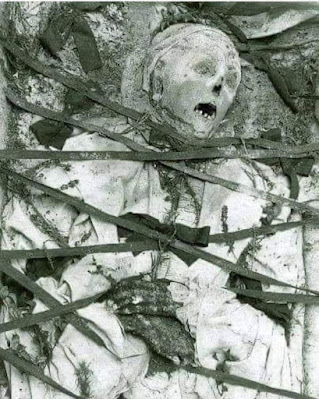
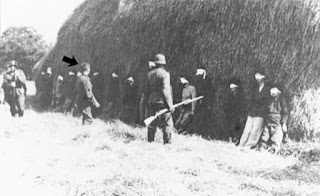

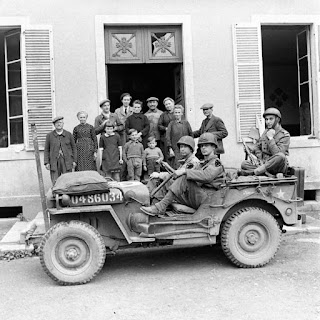




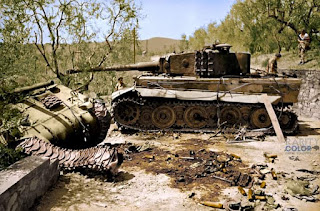
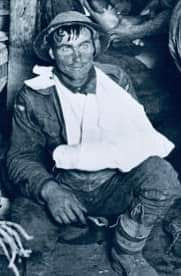
Comments
Post a Comment